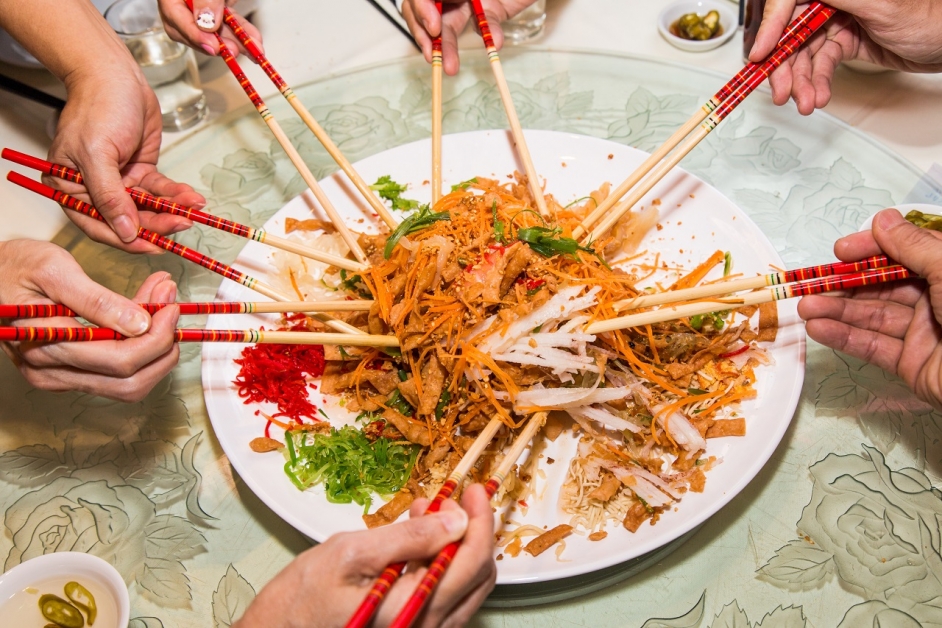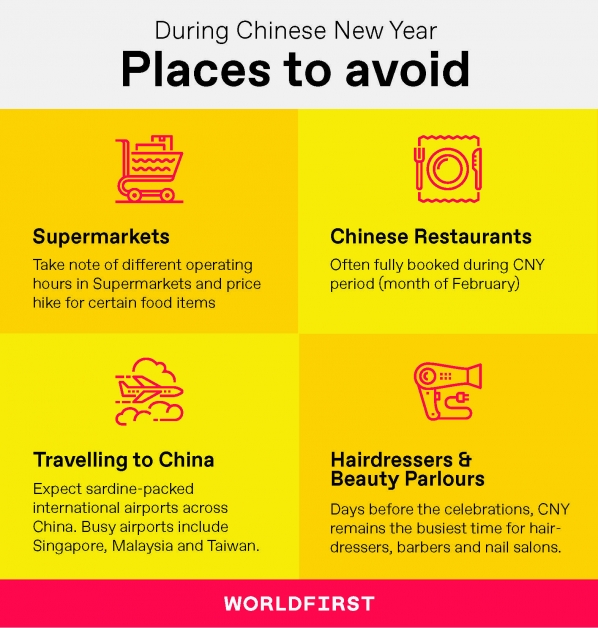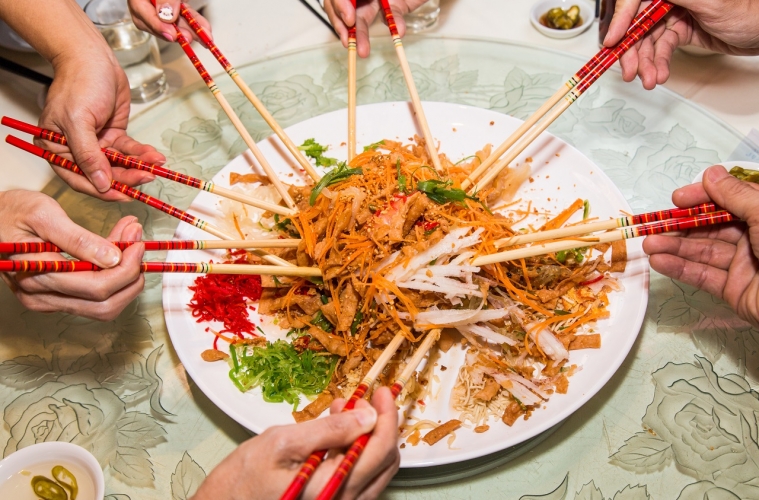Gong Xi Fa Cai! – A Chinese term commonly used to wish prosperity for the New Year. If it’s your first time celebrating Chinese New Year in Singapore, we got you covered. WorldFirst will share with you what to know about this joyous festival and how you can (too) make the best of it!
What it is:
1. About Chinese New Year
Chinese New Year, also known as Spring Festival, is one of the most celebrated festivals in Singapore. Unlike the western holidays, there is no fixed date for the festival as it follows the lunar calendar. This year, Singapore’s Chinese New Year holidays run from the 5th to 6th February.
2. Chinese Zodiac
In the Chinese Zodiac, twelve animals are used to denote the year of a person’s birth (and the reputable attributes that he/she could possess – just like horoscopes!).
Rat, ox, tiger, rabbit, dragon, snake, horse, sheep, monkey, rooster, dog and pig. This year marks the Year of the Pig, the last of the 12-year cycle in the Chinese zodiac.
How to celebrate:
1. Reunion Dinner
The highlight of the festival (other than receiving red packets) is undoubtedly the reunion dinner, which is usually held on the eve of Chinese New Year. As the name implies, it is the time where families gather and is believed to be the most important get-together meal of the year.
2. Yu Sheng (Lo Hei, pronounced as ‘Low-hey’)
Yusheng, also known as Lo Hei, is a compulsory dish (a Cantonese style raw fish salad) for Chinese New Year because of the auspicious meanings behind its ingredients, which suggest blessings and good fortune. In Singapore, it is a common ritual to “lo” (toss up the ingredients) for good fortune and say auspicious phrases before eating it. It is popularly believed that the higher you toss, the greater your fortunes will be in the year ahead.
3. Spring Cleaning
It is time to sweep the dust away (figuratively and literally) to welcome the New Year! The Chinese believe that a thorough spring cleaning is crucial as not only does it help to leave a good impression on the guests when they visit, it “sweeps” bad luck away too – double win!
4. Red Packets (angpows, pronounced as ‘Un-pows’)
Finally, the thing we are most excited for – red packets! A red packet is a traditional monetary gift (enclosed in an envelope) for the elders and young children. Even though it is given as a token of gratitude or well wishes, a common dilemma for most is undeniably the amount of money to put in each red packet. A general unspoken rule is to avoid giving odd number amounts because it is deemed inauspicious by the Chinese as they believe that good things come in pairs. The elders are also usually given a bigger share (relative to those of a lower familial hierarchy) as a form of respect and appreciation. That being said, the act of giving red packets is something done out of good will and should not be frowned upon.
Places to avoid:
1. Supermarkets
Sheng Siong, NTUC, Cold Storage and Giant have specific or extended operating hours during the Lunar New year. Do check their updated hours online before your next shopping visit. Avoid buying abalones, prawns and fish which usually have price hike during this high demand season.
2. Restaurants
Fully-booked chinese restaurants and skyrocket pricing are things to take note.
3. Hairdressers & Beauty Parlours
Chinese New Year (CNY) is the busiest time of the year for hairdressers and barbers. Days before CNY is the most expensive time to cut your hair. In Chinese superstitions, cutting your hair on the day of Chinese New Year is deems as bad luck. It represents cutting your life short. Hence many will cut their hair days before the New Year. A season to doll up for the yearly visitations, many patronise beauty salons despite the additional Chinese New Year surcharge.
4. Travelling to Singapore, Malaysia, China, China-Taiwan and China-Hong Kong
Many foreigners from these countries head back home to celebrate CNY. Whole of China shuts down for a week and some chinese companies close for a month. You can expect sardine-packed international airports and a price hike on air tickets to these countries. Alternatively, it may be a good time to travel to Singapore’s neighbouring countries like Laos and Vietnam while everyone heads back home.
Disclaimer: These comments are the views and opinions of the author and should not be construed as advice. You should act using your own information and judgement. Whilst information has been obtained from and is based upon multiple sources the author believes to be reliable, we do not guarantee its accuracy and it may be incomplete or condensed. All opinions and estimates constitute the author’s own judgement as of the date of the briefing and are subject to change without notice. Please consider FX derivatives are high risk, provide volatile returns and do not guarantee profits. We have no commercial affiliation with any organisation or commercial interest regarding the venues mentioned in this article. The information is only provided as gathered and should be verified before, using your own judgement.


